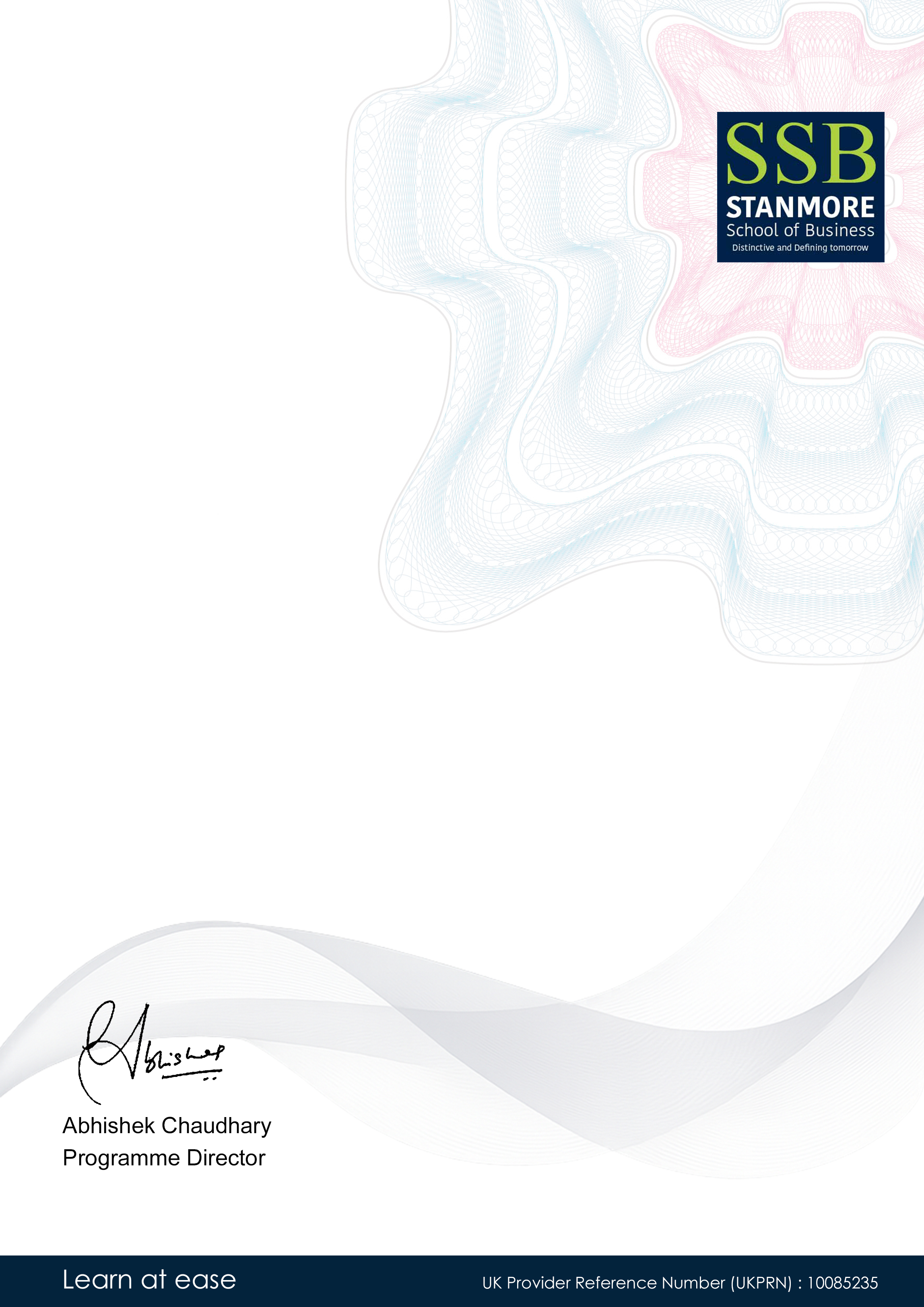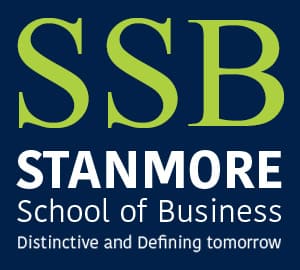Course details
Loading...
Generating course details...
• Cloud Accounting Software Fundamentals: This unit covers the basics of cloud accounting software, including its definition, benefits, and types. Students will learn about the key features and functionalities of cloud accounting software, such as real-time data access, automatic backups, and collaboration tools.
• Financial Management for Small Businesses: This unit focuses on the financial management aspects of small businesses, including budgeting, forecasting, and financial reporting. Students will learn how to use cloud accounting software to manage financial transactions, track expenses, and make informed business decisions.
• Cloud Accounting Software Implementation: In this unit, students will learn how to implement cloud accounting software in a business setting. They will cover topics such as software selection, data migration, and user training, as well as best practices for a smooth transition.
• Real-Time Data Analysis and Reporting: This unit explores the use of cloud accounting software for real-time data analysis and reporting. Students will learn how to create custom reports, dashboards, and visualizations to gain insights into business performance and make data-driven decisions.
• Cloud Security and Compliance: This unit covers the security and compliance aspects of cloud accounting software, including data protection, access controls, and regulatory requirements. Students will learn how to ensure the security and integrity of financial data in the cloud.
• Cloud Accounting Software for E-commerce Businesses: This unit focuses on the use of cloud accounting software in e-commerce businesses, including inventory management, order tracking, and payment processing. Students will learn how to use cloud accounting software to manage the unique financial needs of e-commerce businesses.
• Cloud Accounting Software for Non-Profit Organizations: In this unit, students will learn how to use cloud accounting software in non-profit organizations, including grant management, donor tracking, and financial reporting. They will cover topics such as software selection, data migration, and user training.
• Cloud Accounting Software for Freelancers and Sole Traders: This unit explores the use of cloud accounting software for freelancers and sole traders, including invoicing, expense tracking, and tax compliance. Students will learn how to use cloud accounting software to manage the unique financial needs of freelancers and sole traders.
• Cloud Accounting Software for Multi-Location Businesses: This unit focuses on the use of cloud accounting software in multi-location businesses, including inventory management, payroll processing, and financial reporting. Students will learn how to use cloud accounting software to manage the financial needs of businesses with multiple locations.
• Cloud Accounting Software for Business Growth and Scaling: In this unit, students will learn how to use cloud accounting software to support business growth and scaling, including financial planning, forecasting, and analysis. They will cover topics such as software selection, data migration, and user training.

